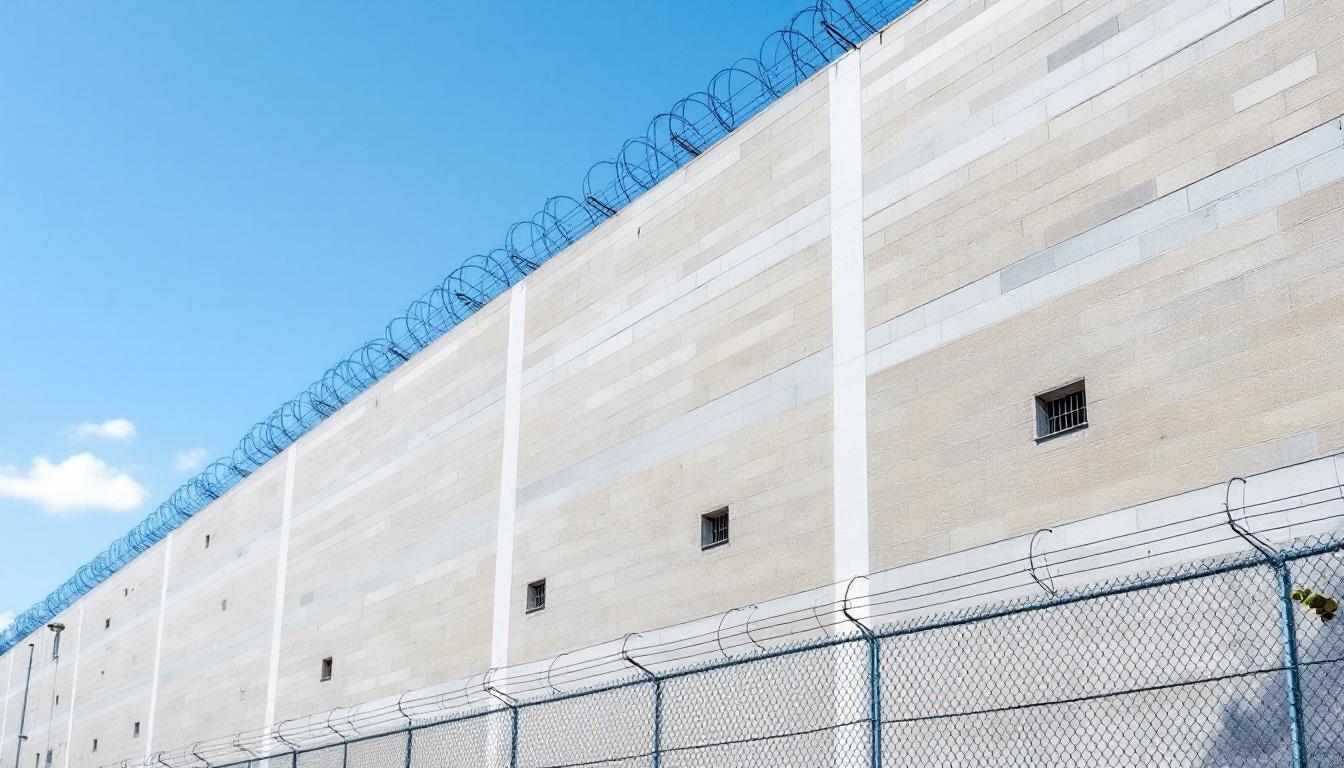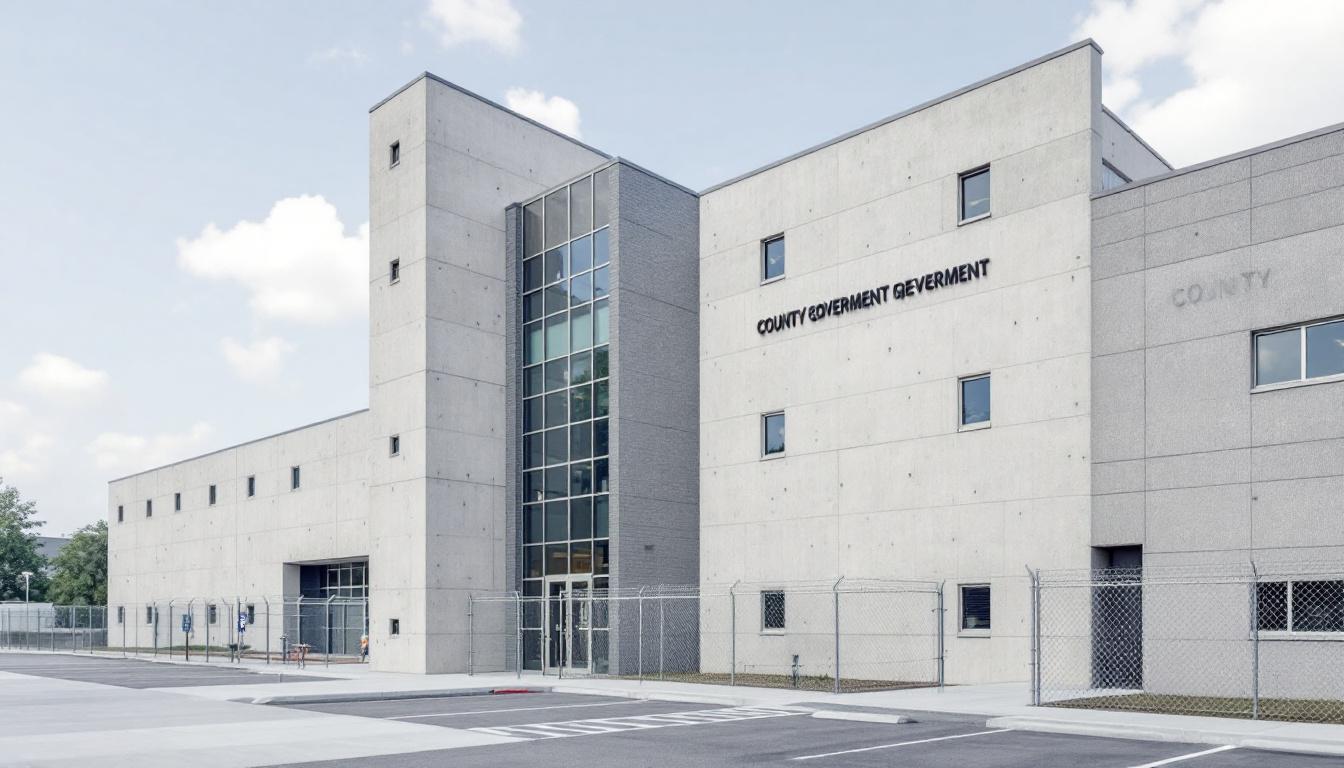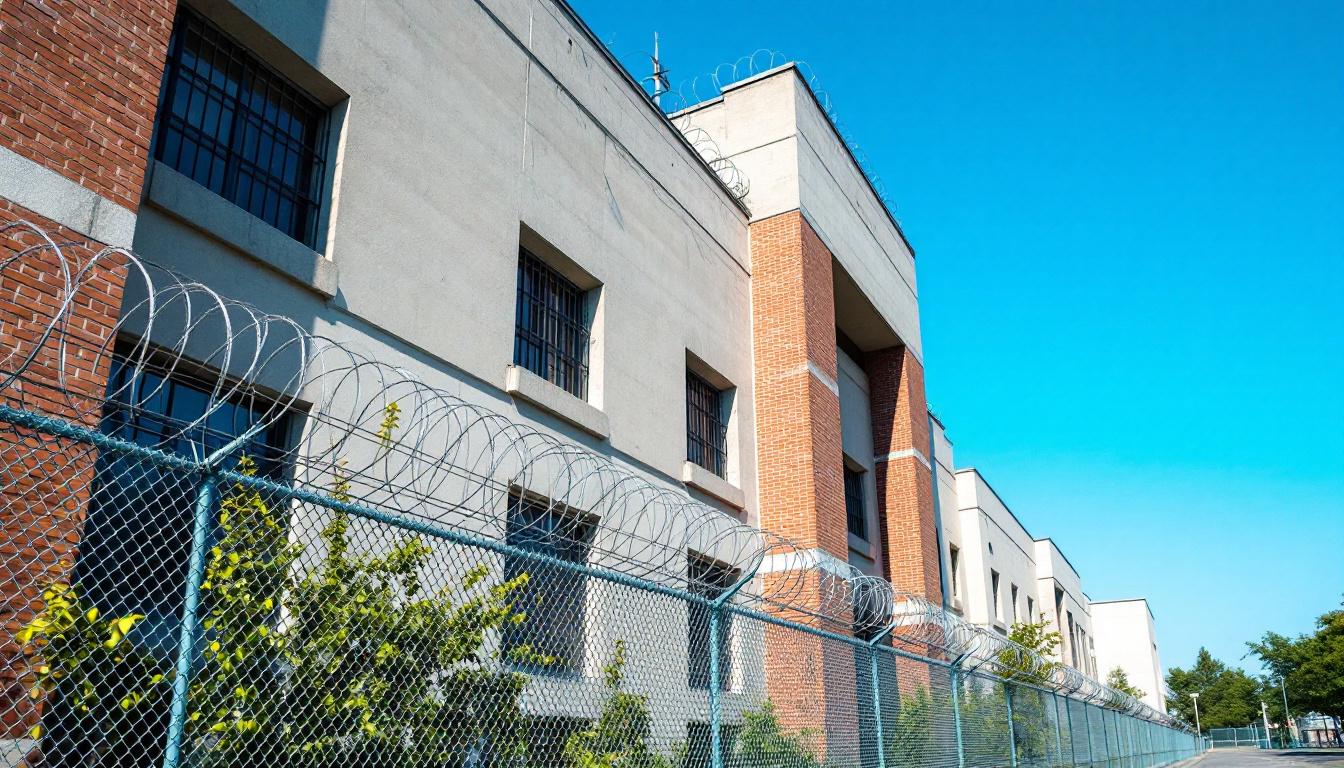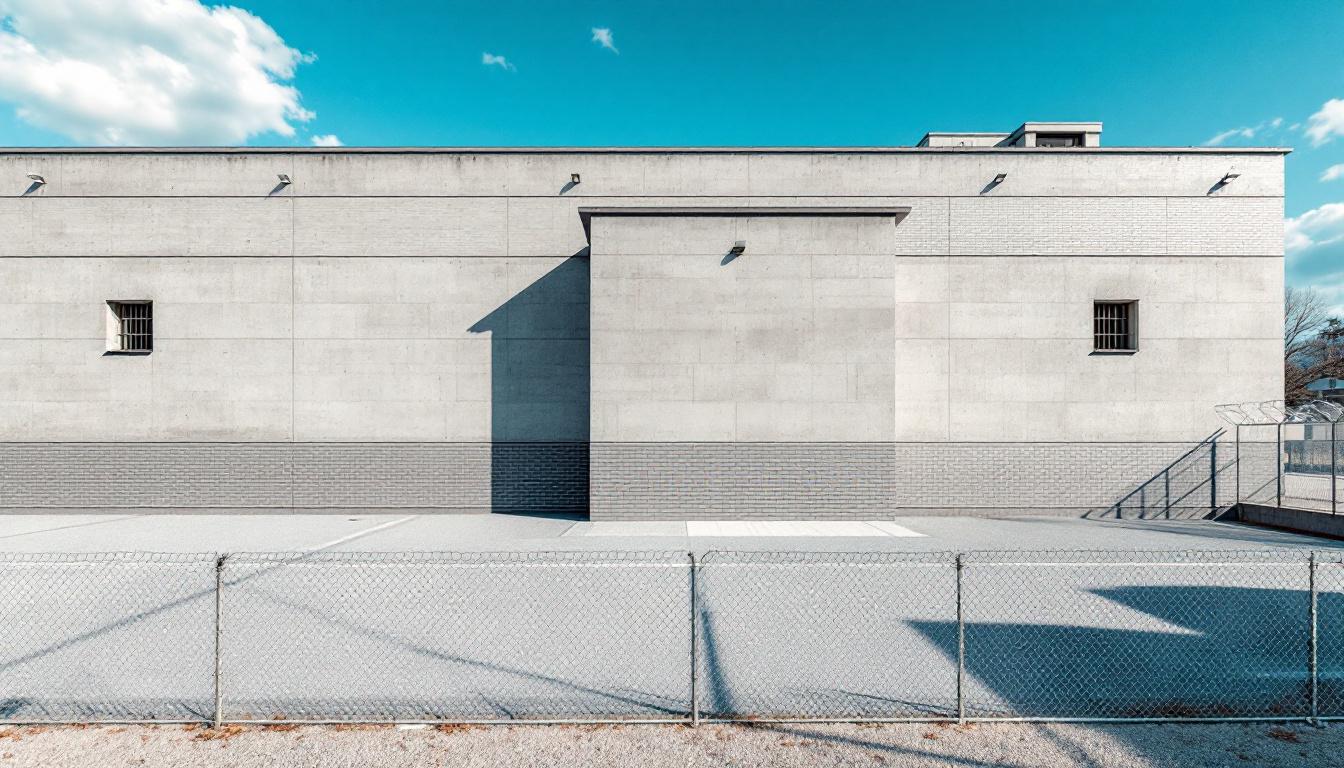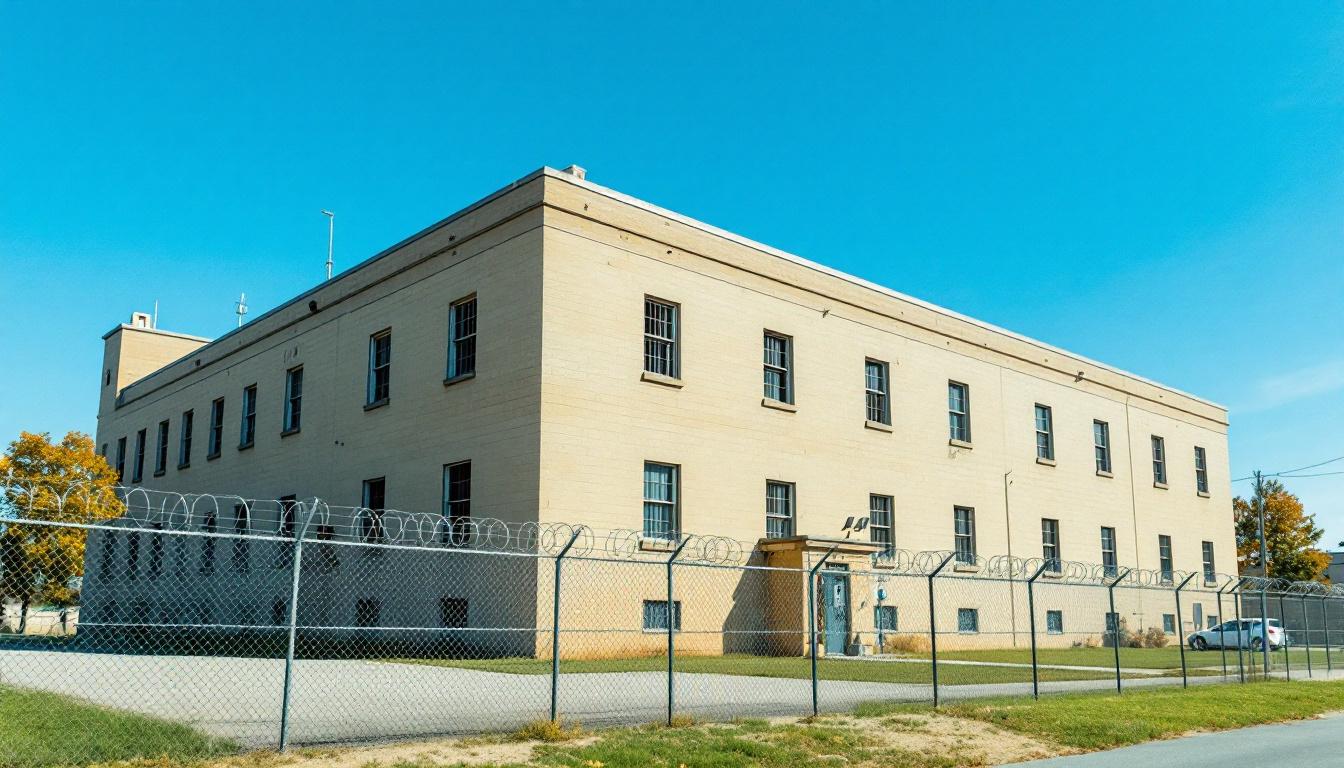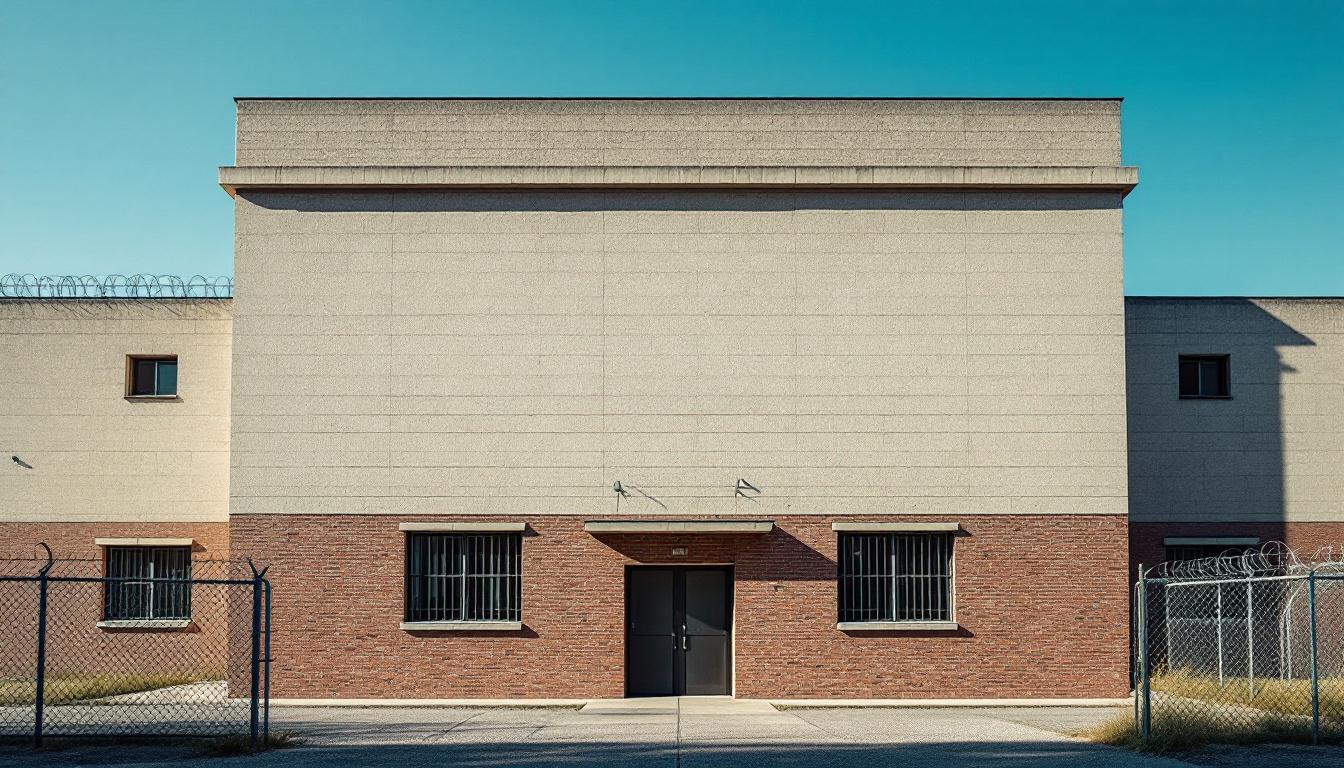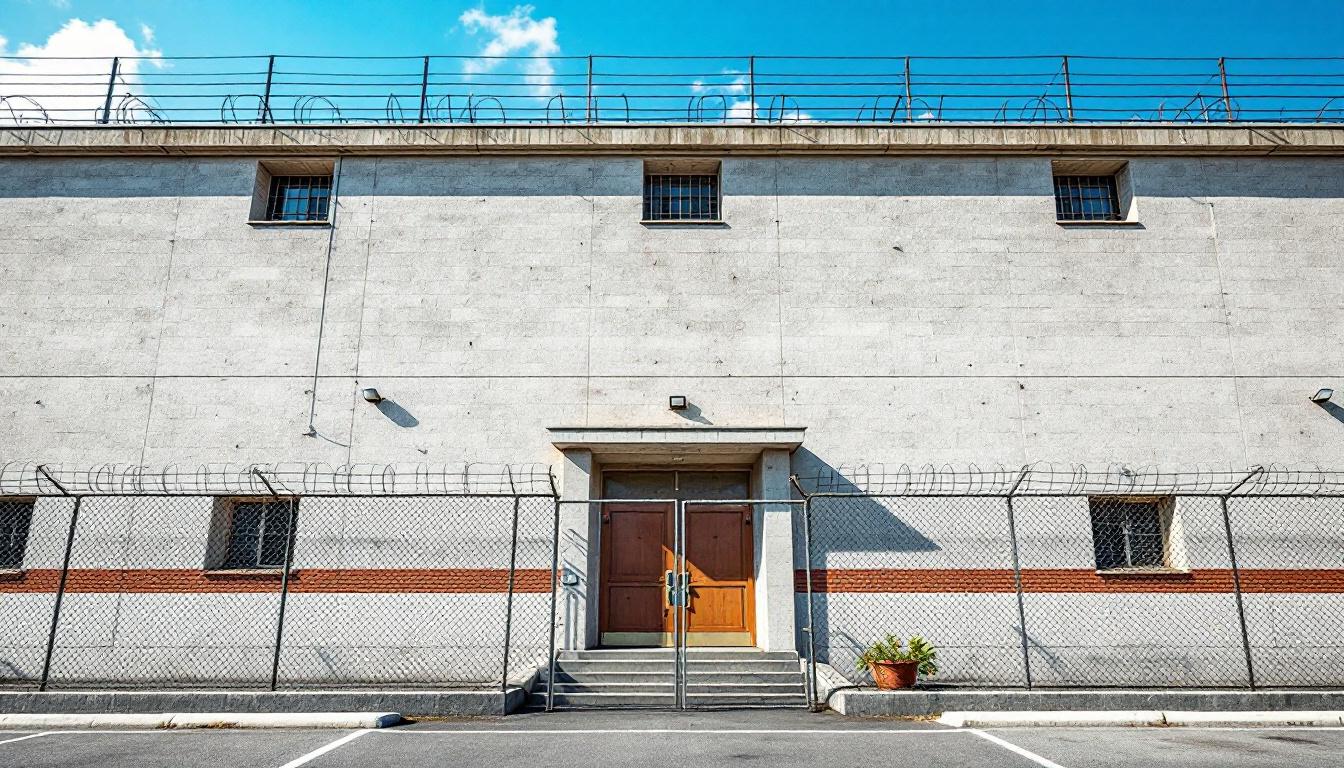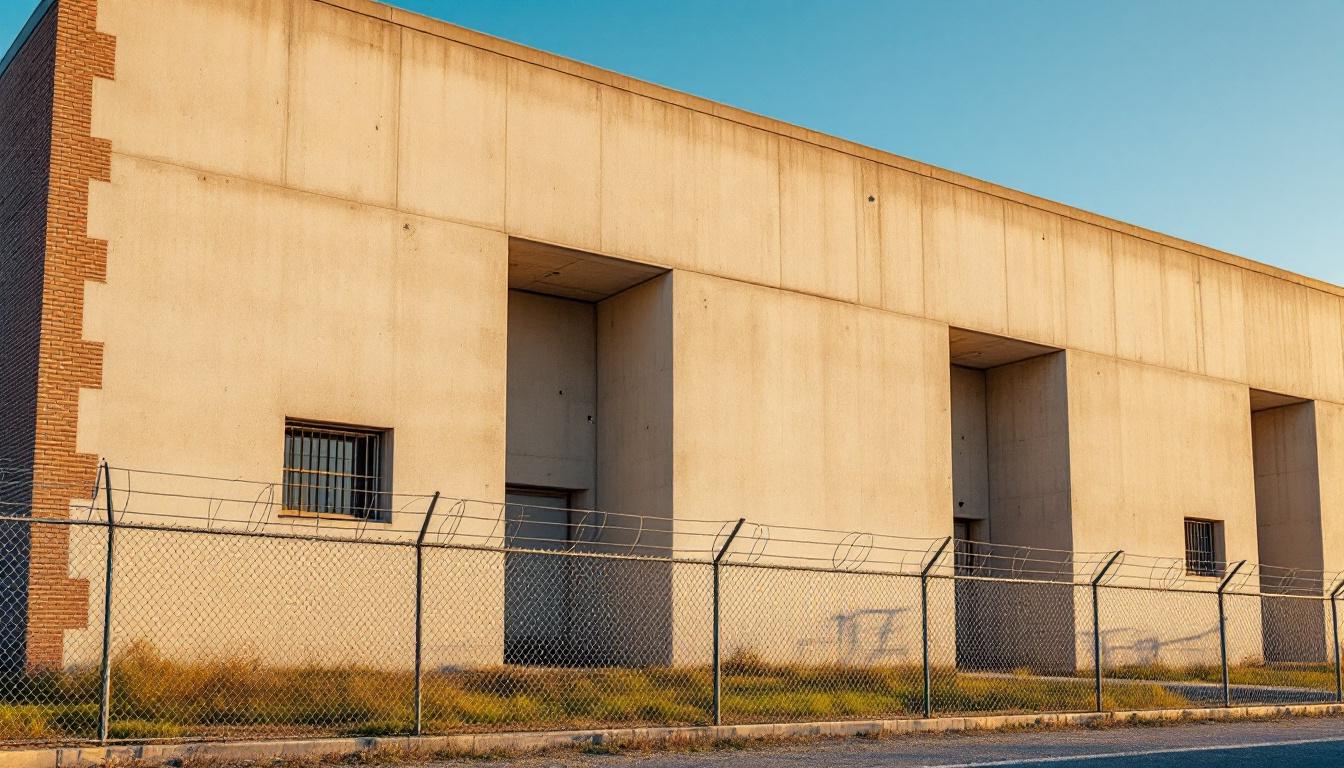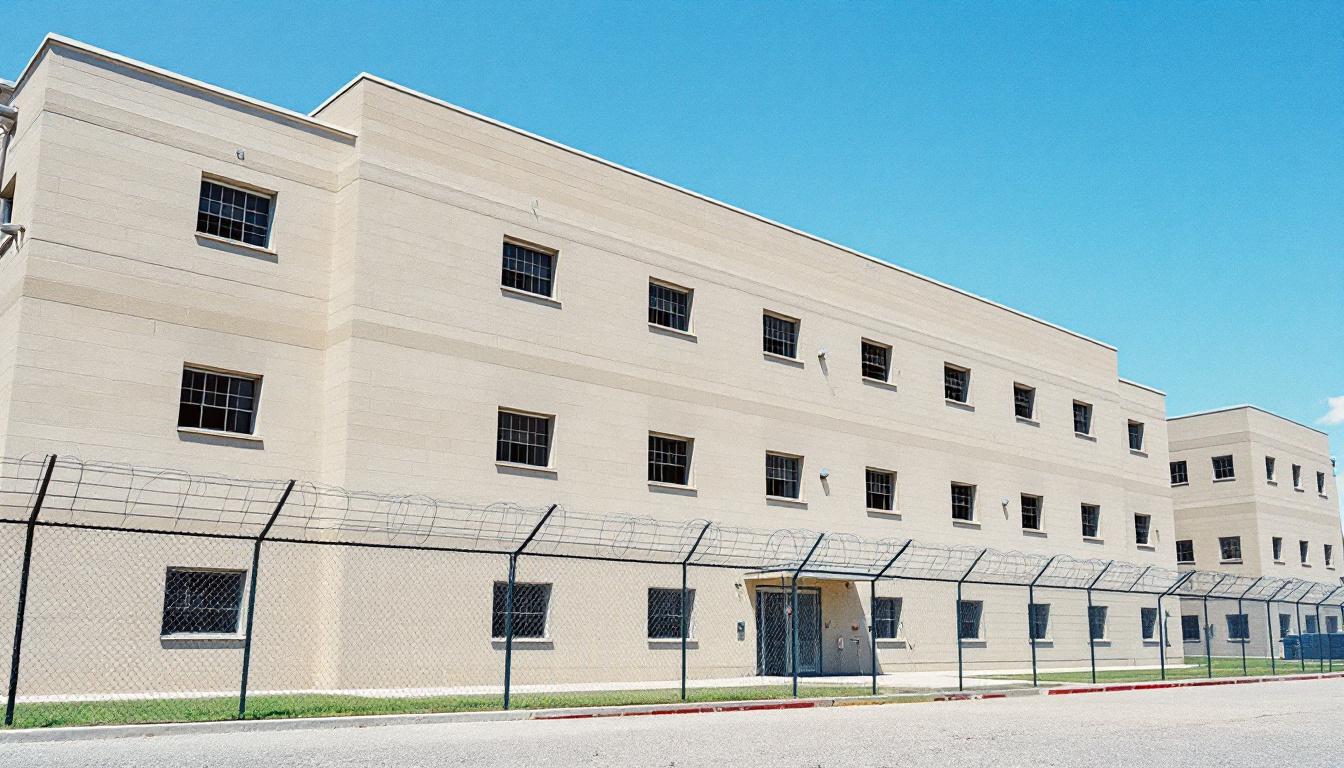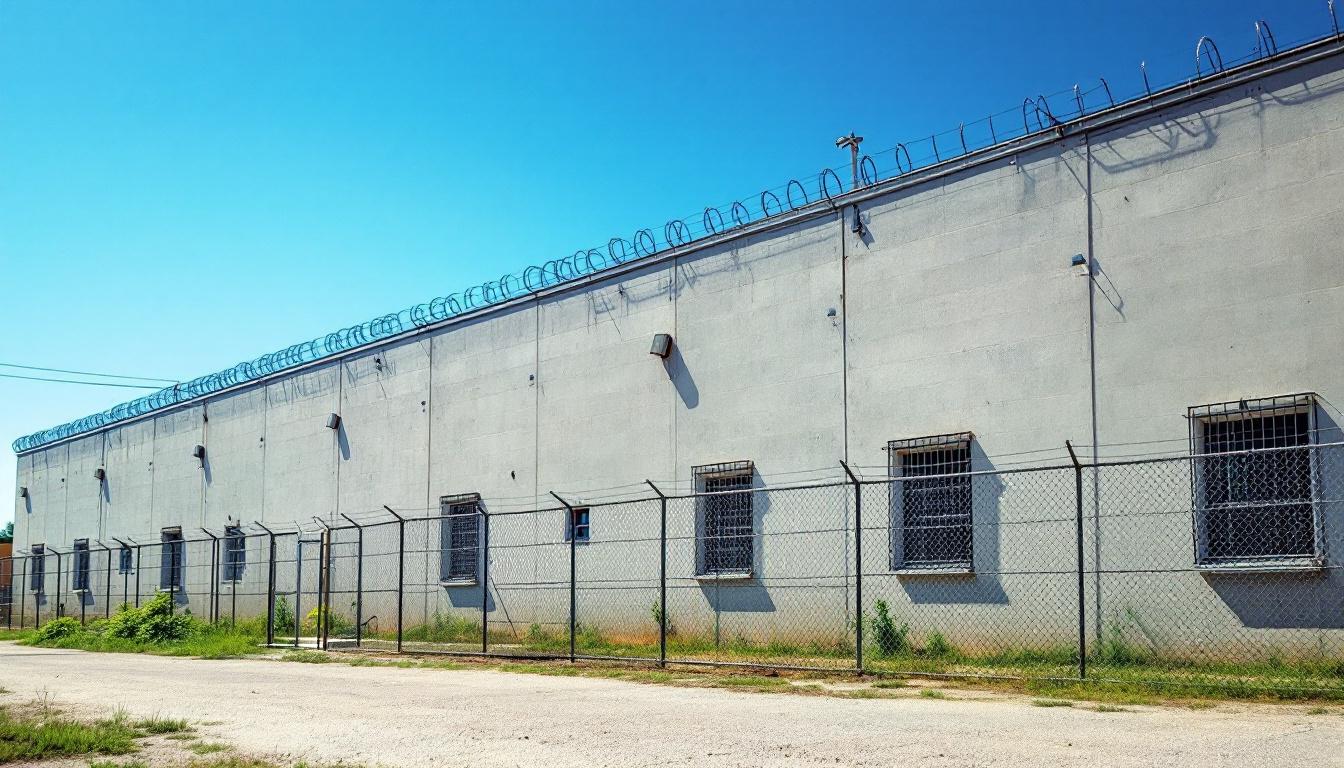
Quick Navigation
How to contact an inmate at TDCJ Clyde M Johnston Unit
This comprehensive guide will walk you through how to connect with an inmate at TDCJ Clyde M Johnston Unit. Follow the steps below to find an inmate and send letters and photos:
- Search for the inmate using our search tool below
- Create your account or log in to Penmate
- Write your message (up to 6,000 characters)
- Send instantly - inmates receive printed copies daily
Find an Inmate
Search for an inmate to start communicating today
Tip: You can search by first name, last name, or inmate ID number
To contact a person at TDCJ Clyde M Johnston Unit start by searching for the person on the official facility website. Perform a search by following these steps:
- Step 1: Enter their first name and last name into the search form and click "Search"
- Step 2: Locate their inmate record
- Step 3: Write down their Inmate ID and any housing information provided
Important! Be sure to enter the person's full name. Nicknames should not be used.
How to Send Messages to Inmates

You can use your phone or computer to send emails, letters, and photos to an inmate. Messages are sent electronically to inmate tablets or kiosks at the facility. If you would like to send a message, start by searching for an inmate at TDCJ Clyde M Johnston Unit.
Sending Photos and Postcards

A great way to send love and support to a loved one at TDCJ Clyde M Johnston Unit is to send photos and postcards. It only takes a few minutes to send photos from your phone and it makes a huge difference. You can also mail postcards with words of support and inspiration, or design your own postcard for special moments like birthdays and holidays.
Important! Be sure not to send any explicit photos or they may not be approved by the facility. You can also use a photo printing app like Penmate to make sure your photos are printed at the correct size (4x6 or 3x5) and are mailed according to the rules and regulations of TDCJ Clyde M Johnston Unit.
Frequently asked questions about TDCJ Clyde M Johnston Unit
-
How long does it take to deliver a message?
If you're sending an email message your letter is usually delivered within 24-48 hours. For messages sent via mail you should expect delivery within 3-7 days. All messages will need be approved by TDCJ Clyde M Johnston Unit.
-
How much does it cost to send a message to TDCJ Clyde M Johnston Unit?
You can send a message free using your phone or mail a message via USPS for the price of a $0.60 stamp and envelope. You can also purchase credits or e-stamps from services starting at $1.99.
-
What services can I use to contact an inmate at TDCJ Clyde M Johnston Unit?
Penmate
You can use Penmate to send letters and photos to an inmate from your phone. It's an easy way to stay in touch during your loved one's incarceration. Use the inmate locator to find an inmate's location and contact information, then you can send messages within a few minutes.
Securus messaging
Securus may be another option for communicating with an inmate at TDCJ Clyde M Johnston Unit. You can create a friends and family account and purchase credits to send messages. All messages will be reviewed and must be approved by the facility.
JPay
Some county jails and state prisons may support sending messages with JPay. You must register an account with the system, find your loved one, and purchase stamps to send messages. For some locations you can also attach photos.
Smart Jail Mail
You may also check if Smart Jail Mail is available at TDCJ Clyde M Johnston Unit. Smart Jail Mail is operated by Smart Communications and has contracted with some state and county jails. After purchasing credits, your messages and photos are sent to the facility, printed out, and then handed out to your loved one.
-
What is the mailing address of TDCJ Clyde M Johnston Unit?
Mailing address:
TDCJ Clyde M Johnston Unit
703 Airport Rd
Winnsboro, TX 75494
Phone: (903) 342-6166 -
What are the visiting hours at TDCJ Clyde M Johnston Unit?
Visiting hours at TDCJ Clyde M Johnston Unit vary by housing unit and security level. Generally, visits are scheduled on weekends and holidays, with some facilities offering weekday visits. Contact the facility directly at (903) 342-6166 or check their website for the current visiting schedule. Visits typically last 30-60 minutes and must be scheduled in advance.
-
What items are prohibited when sending mail to TDCJ Clyde M Johnston Unit?
Prohibited items typically include: cash, personal checks, stamps, stickers, glitter, glue, tape, staples, paperclips, polaroid photos, musical or blank greeting cards, hardcover books, magazines with staples, and any items containing metal or electronics. Only send letters on plain white paper with blue or black ink. Photos must be printed on regular photo paper (no Polaroids). Always check with TDCJ Clyde M Johnston Unit for their specific mail policies.
-
How do I send money to an inmate at TDCJ Clyde M Johnston Unit?
You can send money to an inmate at TDCJ Clyde M Johnston Unit through several methods: 1) Online using JPay, Access Corrections, or the facility's approved vendor, 2) Money orders mailed directly to the facility with the inmate's name and ID number, 3) Kiosks located in the facility lobby, or 4) Over the phone using a credit or debit card. Fees vary by method, typically ranging from $2.95 to $11.95 per transaction.
-
Can I schedule a video visit with an inmate at TDCJ Clyde M Johnston Unit?
Many facilities now offer video visitation as an alternative to in-person visits. At TDCJ Clyde M Johnston Unit, video visits may be available through services like Penmate, Securus Video Connect, GTL, or ICSolutions. Video visits typically cost $10-20 for 20-30 minutes and must be scheduled in advance. You'll need a computer or smartphone with a camera and reliable internet connection. Contact the facility for their specific video visitation policies and approved vendors.
-
What identification do I need to visit an inmate at TDCJ Clyde M Johnston Unit?
All visitors must present valid government-issued photo identification such as a driver's license, state ID, passport, or military ID. Minors must be accompanied by a parent or legal guardian who can provide the minor's birth certificate. Some facilities require visitors to be on the inmate's approved visitation list, which may require a background check. Contact TDCJ Clyde M Johnston Unit for specific ID requirements and visitor approval procedures.
-
How can I find out an inmate's release date?
To find an inmate's release date at TDCJ Clyde M Johnston Unit, you can: 1) Use the online inmate search tool if available, 2) Call the facility's records department, 3) Contact the inmate's case manager or counselor, or 4) Have the inmate provide this information during a call or visit. For privacy reasons, some facilities only release this information to immediate family members.
Facility Overview
Contact Information
TDCJ Clyde M Johnston Unit703 Airport Rd
Winnsboro, TX 75494
Phone: (903) 342-6166
Official Website
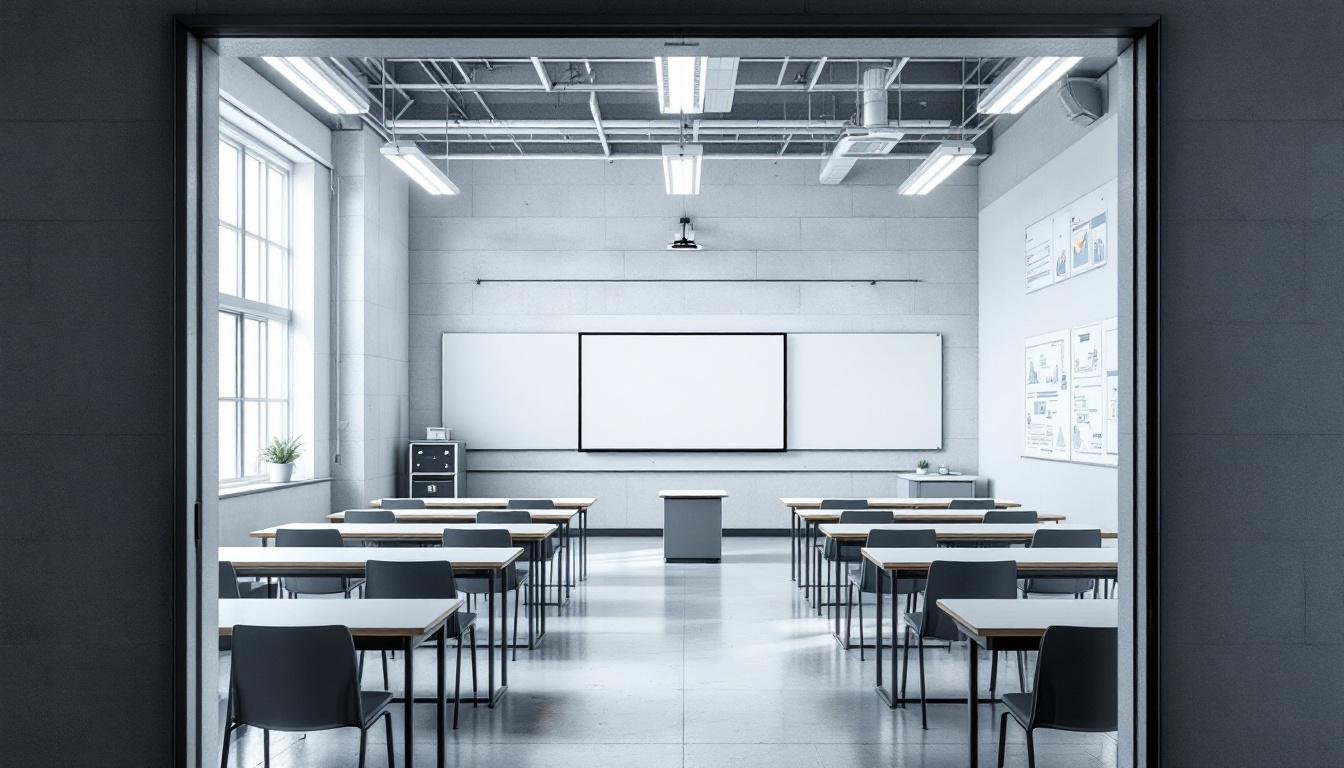
About TDCJ Clyde M Johnston Unit
Correctional facilities within Texas serve as structured environments designed to balance public safety with rehabilitative objectives, and Johnston Unit exemplifies this dual mission through its operations in the Dallas metropolitan area. This TX correctional facility functions as an integral component of the state's broader correctional infrastructure, positioned strategically within one of Texas's most populous urban centers to facilitate both security protocols and community reintegration initiatives.
Operating within Dallas's diverse geographic landscape, Johnston Unit typically maintains comprehensive programming designed to address the population services essential for successful offender management and long-term community safety. The facility generally emphasizes evidence-based approaches to rehabilitation, often incorporating educational opportunities, vocational training, and behavioral intervention programs that align with contemporary correctional best practices. These initiatives may include substance abuse treatment, mental health services, and pre-release preparation programs designed to support individuals as they transition back into Dallas-area communities.
The institution's approach to offender management often reflects the broader challenges and opportunities present within the South region's correctional landscape, where facilities must balance security requirements with rehabilitation goals in densely populated urban environments. Johnston Unit typically coordinates with various community organizations and service providers throughout the Dallas area to create pathways for successful reintegration, recognizing that effective correctional outcomes depend heavily on strong connections between incarcerated individuals, their families, and the communities to which they will eventually return.
Programs & Services
Through comprehensive programming designed to address multiple aspects of personal development, support is provided to help the population build essential life skills and prepare for successful community reintegration. The facility's approach recognizes that meaningful change occurs when individuals have access to diverse opportunities that address their educational, vocational, and personal needs. These programs typically emphasize practical skill-building while fostering personal responsibility and community connection.
Educational and vocational training programs form the foundation of skill development opportunities available to the population. Vocational training may supply hands-on experience in various trades, helping participants develop marketable skills that can lead to employment upon release. These programs often include structured learning environments where individuals can build both technical competencies and work habits essential for long-term success.
Support services extend beyond traditional education to address the comprehensive needs of the population. Work programs typically provide opportunities for participants to gain practical experience while contributing to facility operations, including janitorial services that teach responsibility and teamwork. Also available are faith-based initiatives that may offer spiritual guidance and community support, while stress management programs help individuals develop healthy coping strategies. Transitional planning services often include identification document assistance, ensuring that participants have the necessary documentation to access employment, housing, and other essential services upon their return to the community.
Daily Life & Visitation
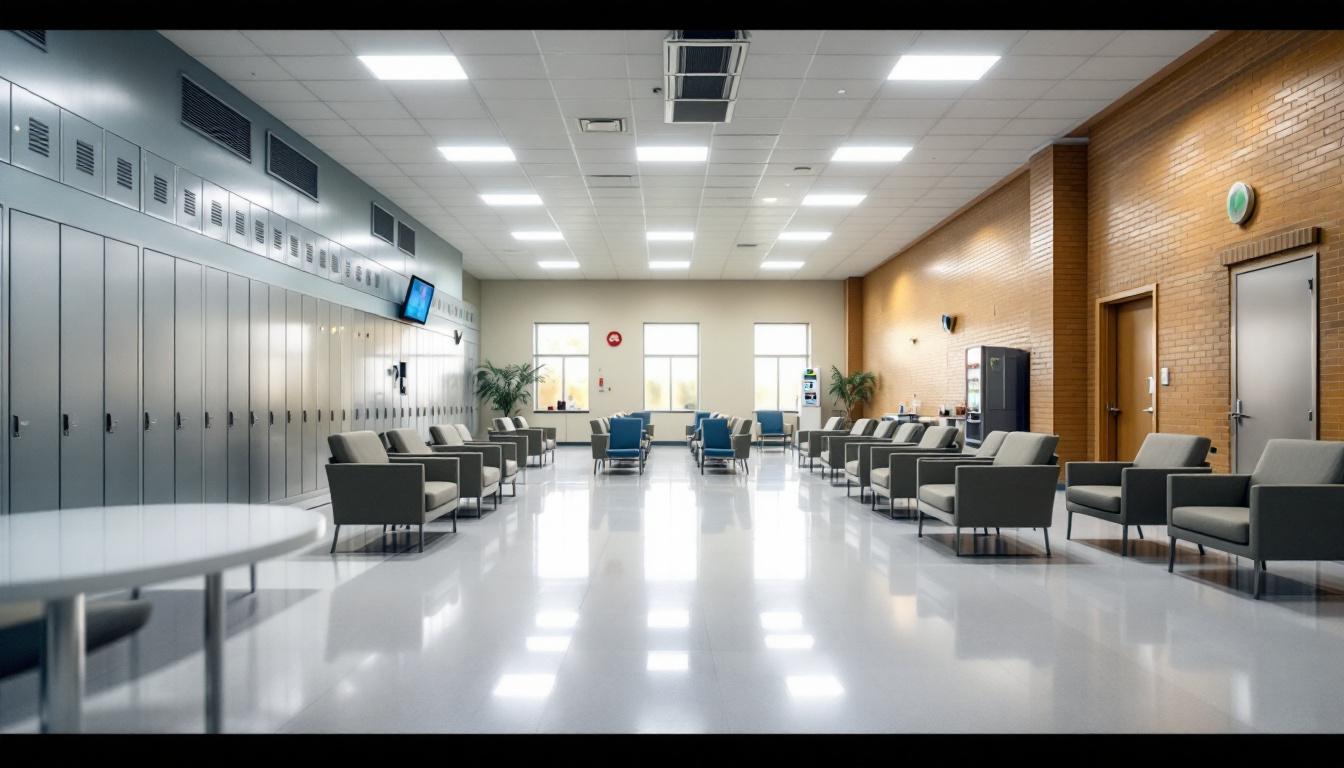
Organizational frameworks shape every aspect of the experience for the population at Johnston Unit, creating predictable routines that currently govern daily activities from early morning wake-up calls through evening lockdown procedures. The facility continues to operate on a structured schedule where mealtimes, work assignments, and recreational periods follow established patterns. Generally, the population moves through their day according to predetermined timeframes that typically include morning counts, work details, educational programming, and evening activities.
Housing arrangements at the facility organize the population into designated living units that accommodate varying security classifications and program participation levels. Residents typically share cells or dormitory-style accommodations, with personal property allowances that may include approved clothing, hygiene items, and limited personal effects. The dining arrangements supply structured meal periods in designated areas, where the population receives meals that generally meet nutritional standards. Also, commissary services provide opportunities for residents to purchase additional food items and personal care products within established spending limits.
However, daily life extends beyond basic routines to include various programming opportunities that supply educational, vocational, and recreational structure. Work assignments typically range from facility maintenance and food service to administrative support roles, providing the population with structured activities and potential skill development. Recreation periods usually offer access to outdoor exercise areas, indoor recreational facilities, and organized activities. Family connections continue through scheduled visitation periods and telephone privileges, though these communications typically operate within established security protocols and time restrictions that help maintain facility operations while supporting important personal relationships.
Ready to Connect?
Start communicating with your loved one today
Search for an Inmate
